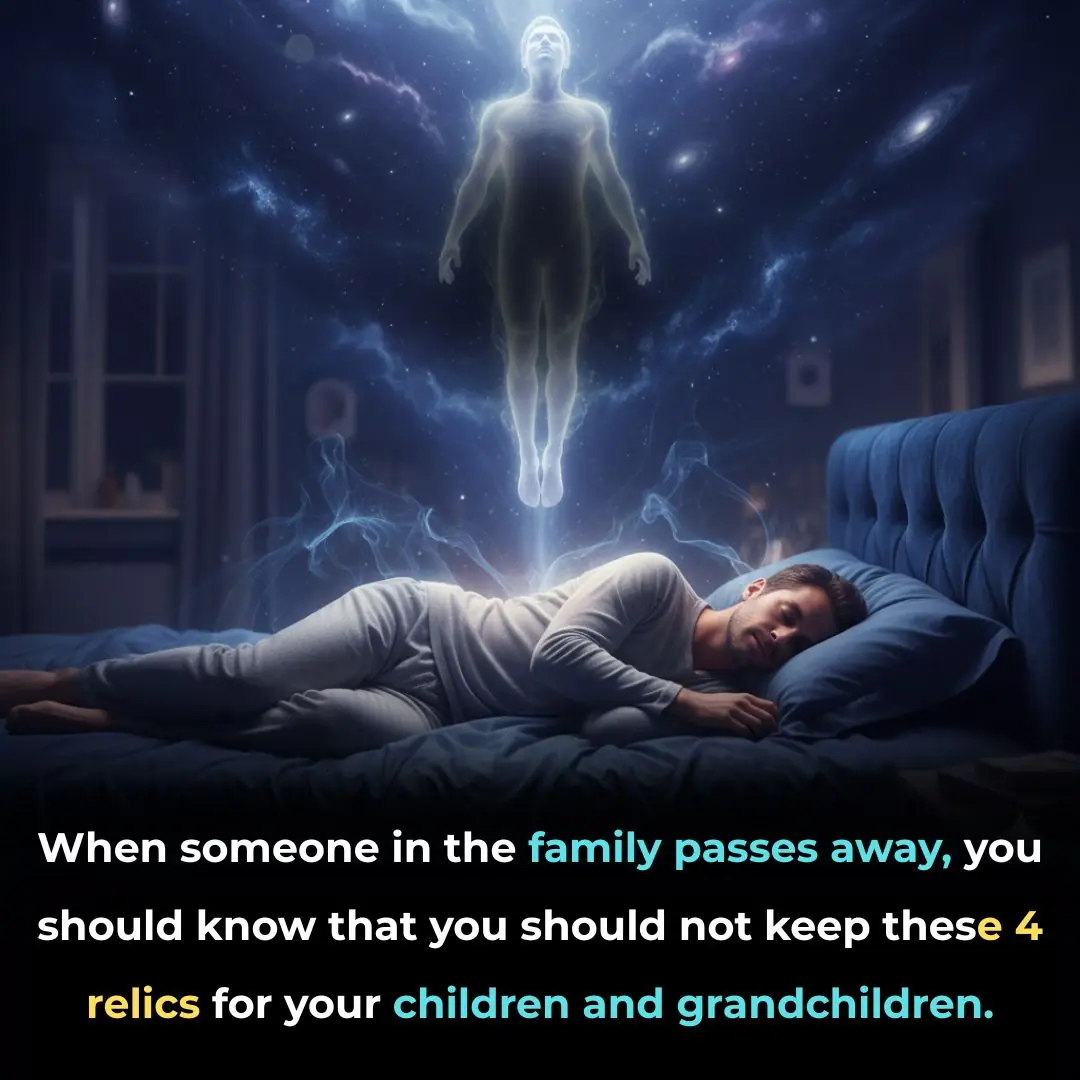
9 Early Warning Signs of Stomach Cancer You Should Never Ignore
Stomach cancer often develops silently, with symptoms that are easy to confuse with common digestive issues. Yet spotting the warning signs early can make a critical difference in diagnosis and treatment outcomes. Even if you have just one of these symptoms, it’s worth seeking medical advice promptly.
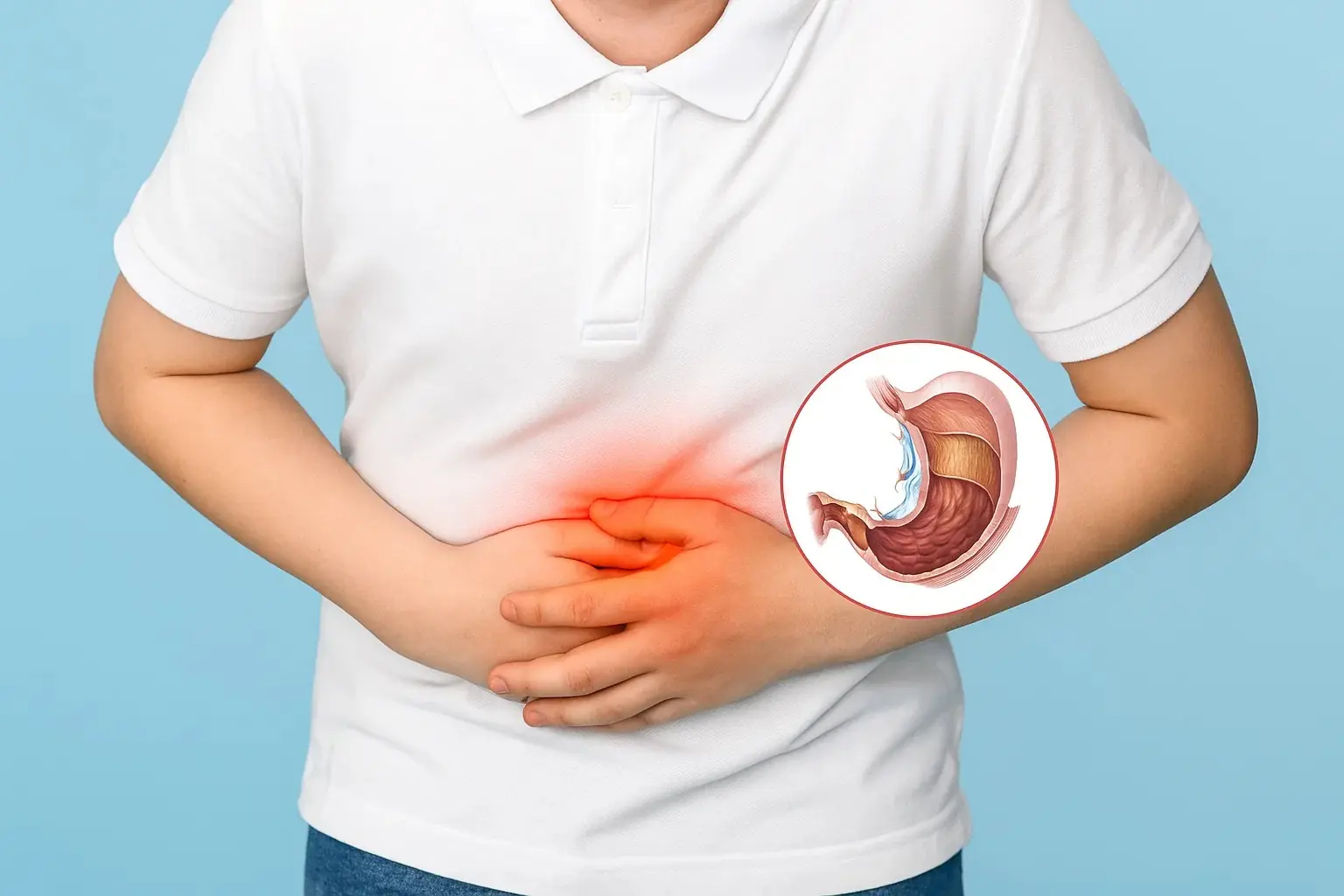
- Persistent Pain or Discomfort in the Upper Abdomen
A dull ache, burning sensation, or pressure around the upper abdomen — particularly near the navel or just below the breastbone — can be a red flag. The pain may come and go, and many dismiss it as gastritis, indigestion, or acid reflux. However, when the discomfort lingers for weeks or worsens over time, it deserves closer medical evaluation.
- Frequent Heartburn or Acid Reflux
Ongoing heartburn that causes a burning sensation in the chest or throat, especially after meals, should not be overlooked. While it is often mistaken for gastroesophageal reflux disease (GERD), if the condition persists or intensifies despite lifestyle changes or medication, it could be linked to more serious stomach issues.
- Bloating and Feeling Full Quickly
If you feel bloated, swollen, or uncomfortably full even after eating a small portion of food, it may indicate more than simple indigestion. Persistent bloating that does not improve with dietary changes may be an early sign of a problem with the stomach lining.
- Nausea and Vomiting
Unexplained nausea, sometimes accompanied by vomiting, is another warning signal. Vomit that appears dark or resembles coffee grounds, or the presence of blood, requires urgent medical attention, as it may indicate internal bleeding within the stomach.
- Unexplained Weight Loss
Losing weight without dieting or exercising more is one of the classic red flags. If pounds seem to drop off suddenly, especially when combined with weakness or fatigue, it could be a sign that the body is struggling to absorb nutrients due to underlying illness.
- Loss of Appetite or Sudden Change in Taste
A noticeable decline in appetite, or aversion to foods once enjoyed, is concerning. Some people also report a persistent bitter taste in the mouth or discomfort when eating certain foods. When appetite loss is paired with other symptoms, it warrants immediate evaluation.
- Anemia or Digestive Tract Bleeding
Pale skin, fatigue, dizziness, or shortness of breath can result from anemia caused by chronic internal bleeding. Blood in the stool or black, tarry stools are particularly alarming and should prompt an immediate doctor’s visit, as they may indicate bleeding in the stomach.
- Difficulty Swallowing or Feeling of Food Sticking
Although more common in later stages, some individuals may experience problems swallowing or the sensation that food gets “stuck” in the throat. This can occasionally appear earlier and should not be ignored.
- Noticeable Lump in the Abdomen
In rare cases, a lump in the abdominal area may be felt. Though usually associated with advanced stages, it can sometimes appear earlier and should always be checked by a medical professional.
Important Reminder
These symptoms do not always mean stomach cancer. Many of them overlap with conditions such as gastritis, ulcers, or reflux disease. However, if any symptom lasts longer than two to three weeks, or becomes progressively worse, a medical check-up is essential.
Individuals at higher risk — including those with Helicobacter pylori infection, family history of stomach cancer, frequent alcohol consumption, smoking habits, or diets high in salt and processed foods — should undergo regular screenings.
The Bottom Line
Early detection of stomach cancer can significantly improve treatment success. Paying attention to subtle but persistent warning signs, combined with regular health screenings, offers the best chance for timely intervention. If you experience any of the symptoms above, don’t delay — consult a healthcare provider and ask about endoscopy or further testing.
News in the same category


Student dies by suicide after undergoing a beard transplant in Turkey from an ‘estate agent posing as a surgeon’

The Sun Begins Killing off Elon Musk’s Starlink Satellites as Scientists Sound Alarm
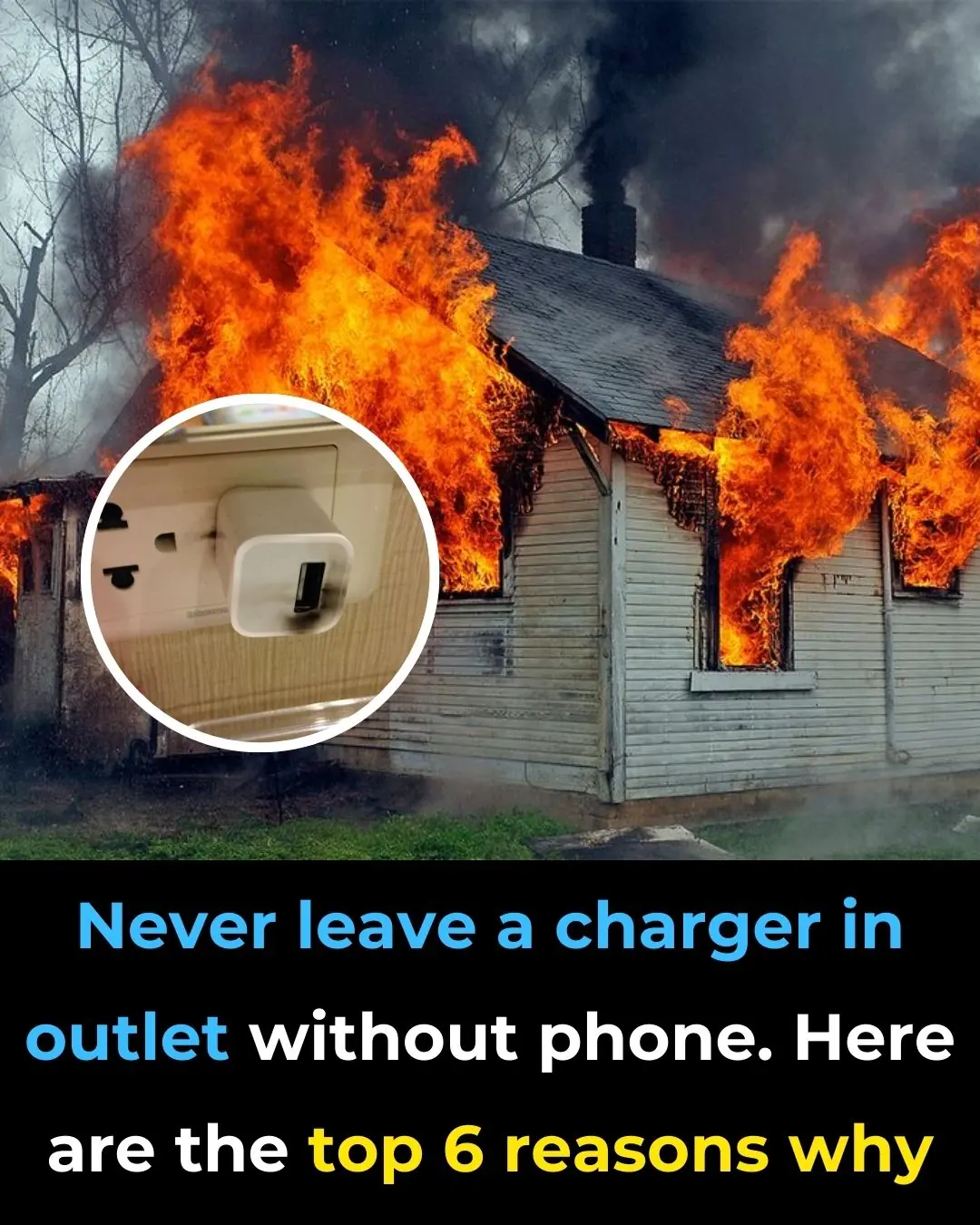
Never Leave a Charger in Outlet Without Phone. Here Are the Top 6 Reasons Why
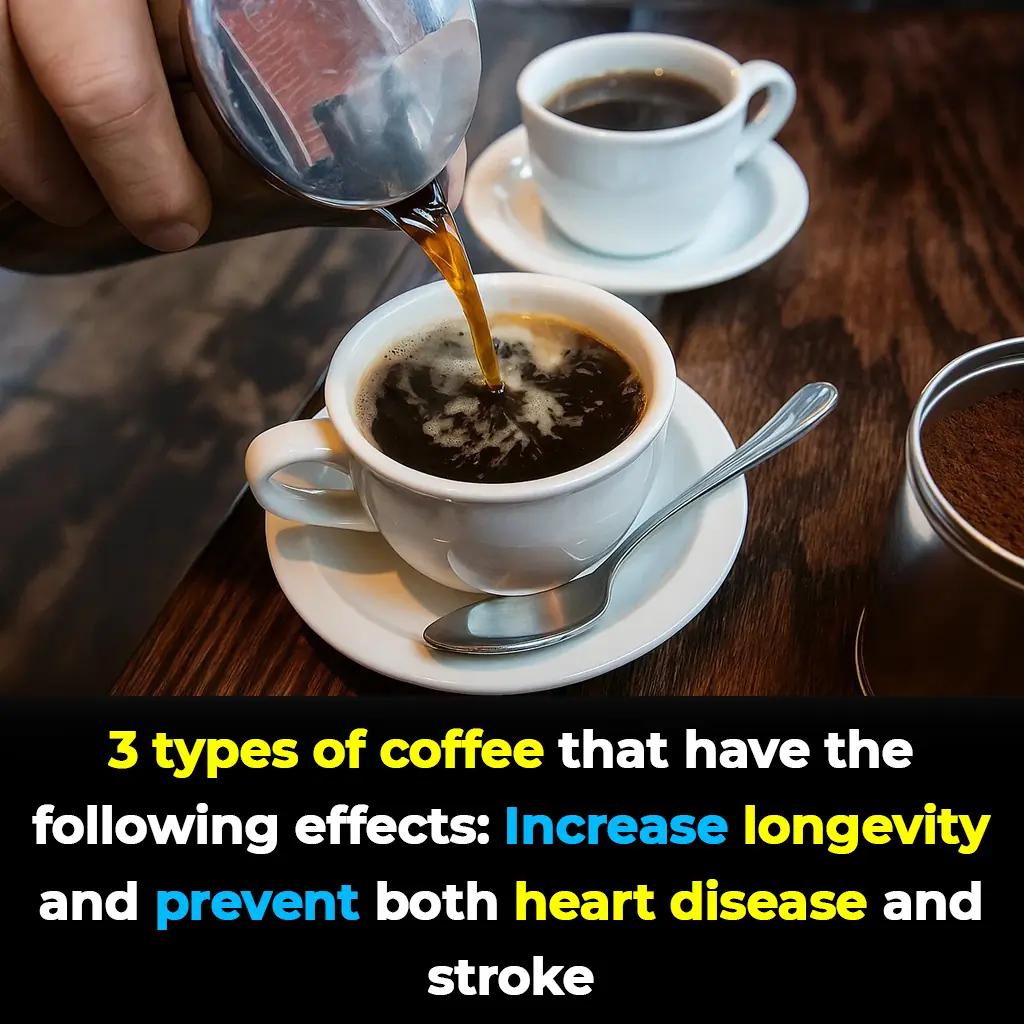
3 Coffee Types That Can Add Years to Your Life and Shield You from Heart Disease and Stroke
Enjoying two to three cups of ground, instant, or decaf coffee daily can be a powerful step toward a longer and healthier life.

Bananas Are Packed With Nutrients, But These 4 Groups Should Avoid Eating Too Many
Bananas are undeniably one of the most versatile and beneficial fruits. From boosting digestion to supporting heart health, they offer a wide range of nutrients. However, they are not suitable for everyone.
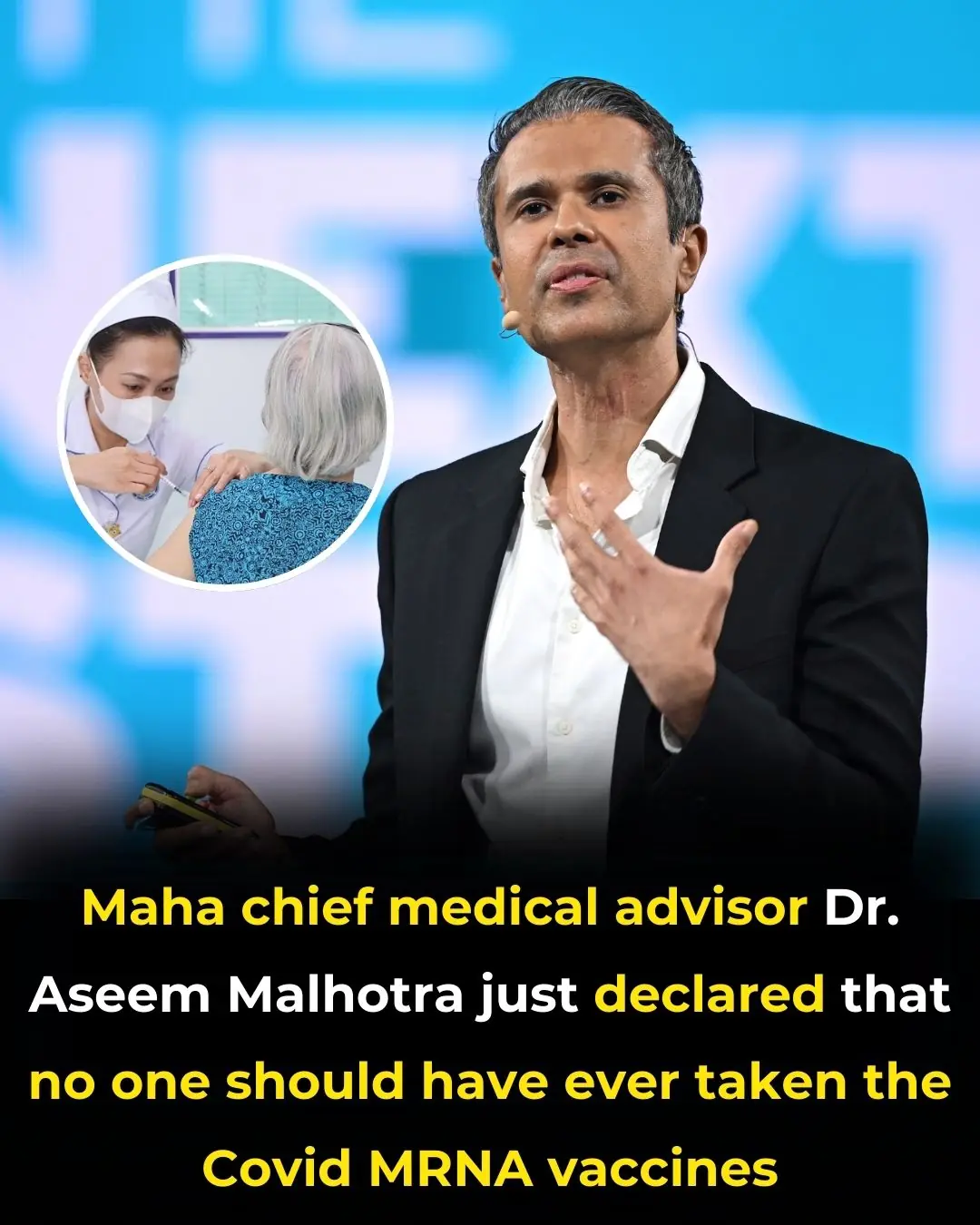
MAHA Chief Medical Advisor Dr. Aseem Malhotra Just Declared That No One Should Have Ever Taken the COVID mRNA Vaccines.

New mRNA Shot Turns Immune Cells Into Cancer-Killers Directly Inside the Body, Study Finds
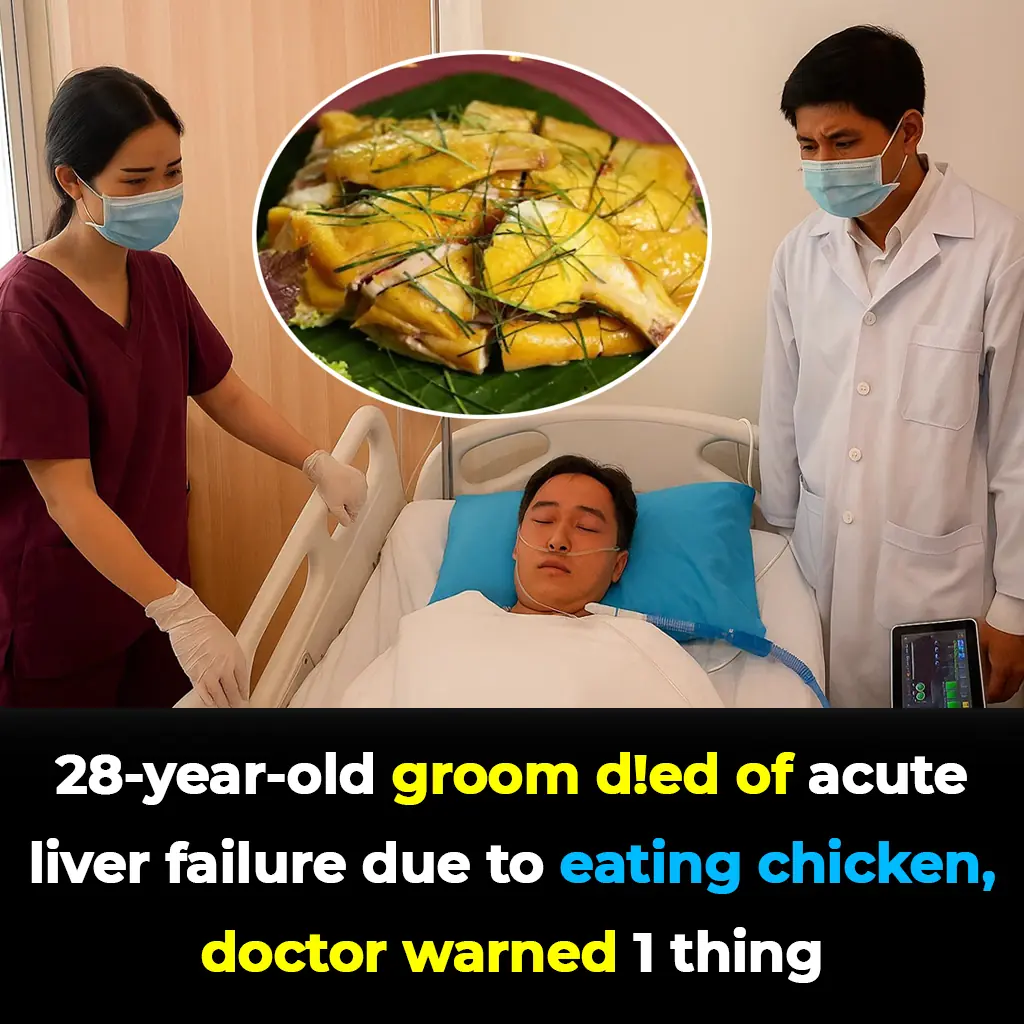
Groom-To-Be, 28, Dies of Acute Liver Failure After Eating Chicken: Doctors Urge the Public to Beware of This Hidden Danger
The tragic story of a young man in China who was preparing for his wedding but suddenly died from acute liver failure after food poisoning has shocked the nation. Experts warn that improper food handling and consumption of spoiled or contaminated food can
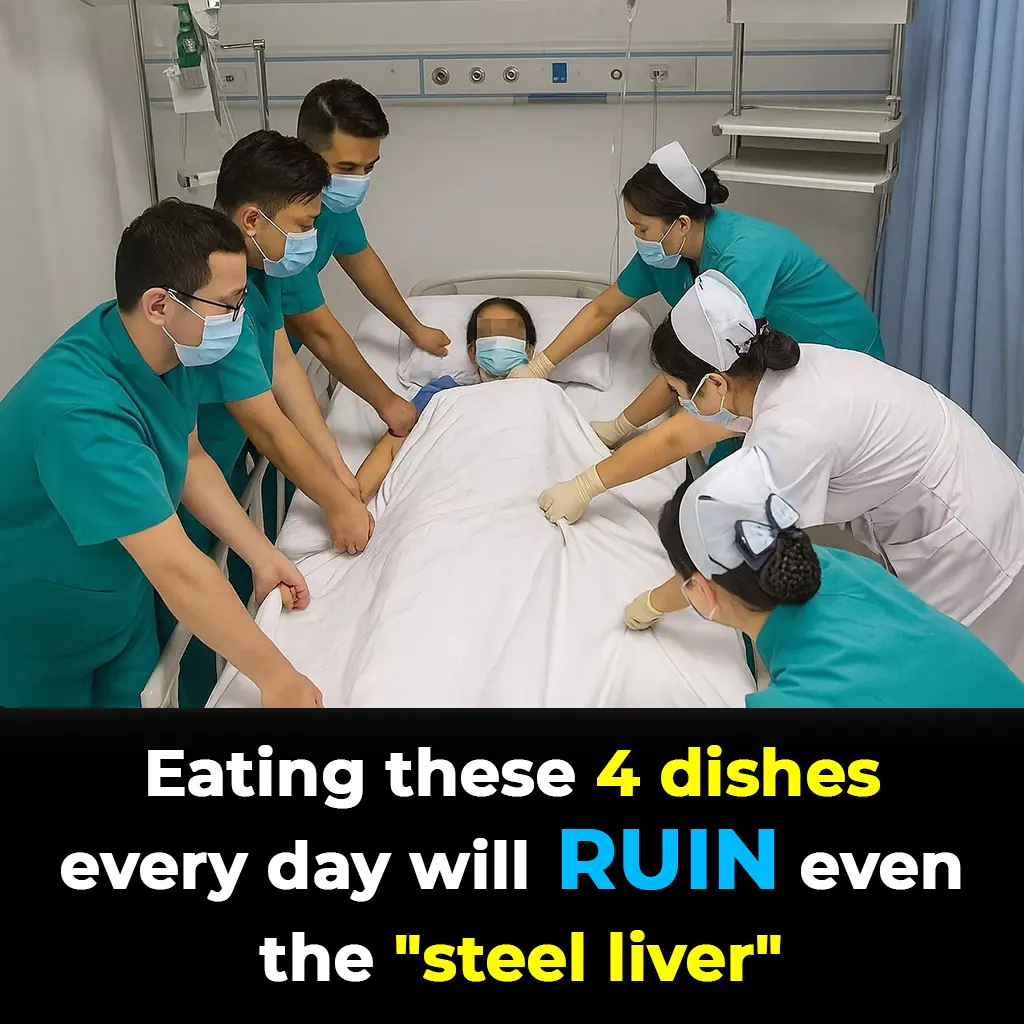
He Never Drank Alcohol but Died of Liver Failure: Doctors Reveal 4 Common Foods That Quietly Destroy the Liver
A man who stayed away from alcohol his entire life shocked his family when he was diagnosed with liver failure and passed away at just 55 years old. Doctors warn that alcohol is not the only enemy of the liver—certain everyday foods can be just as destr

Why You Shouldn’t Be Washing Bath Mats in the Washer

Snakes in Your House
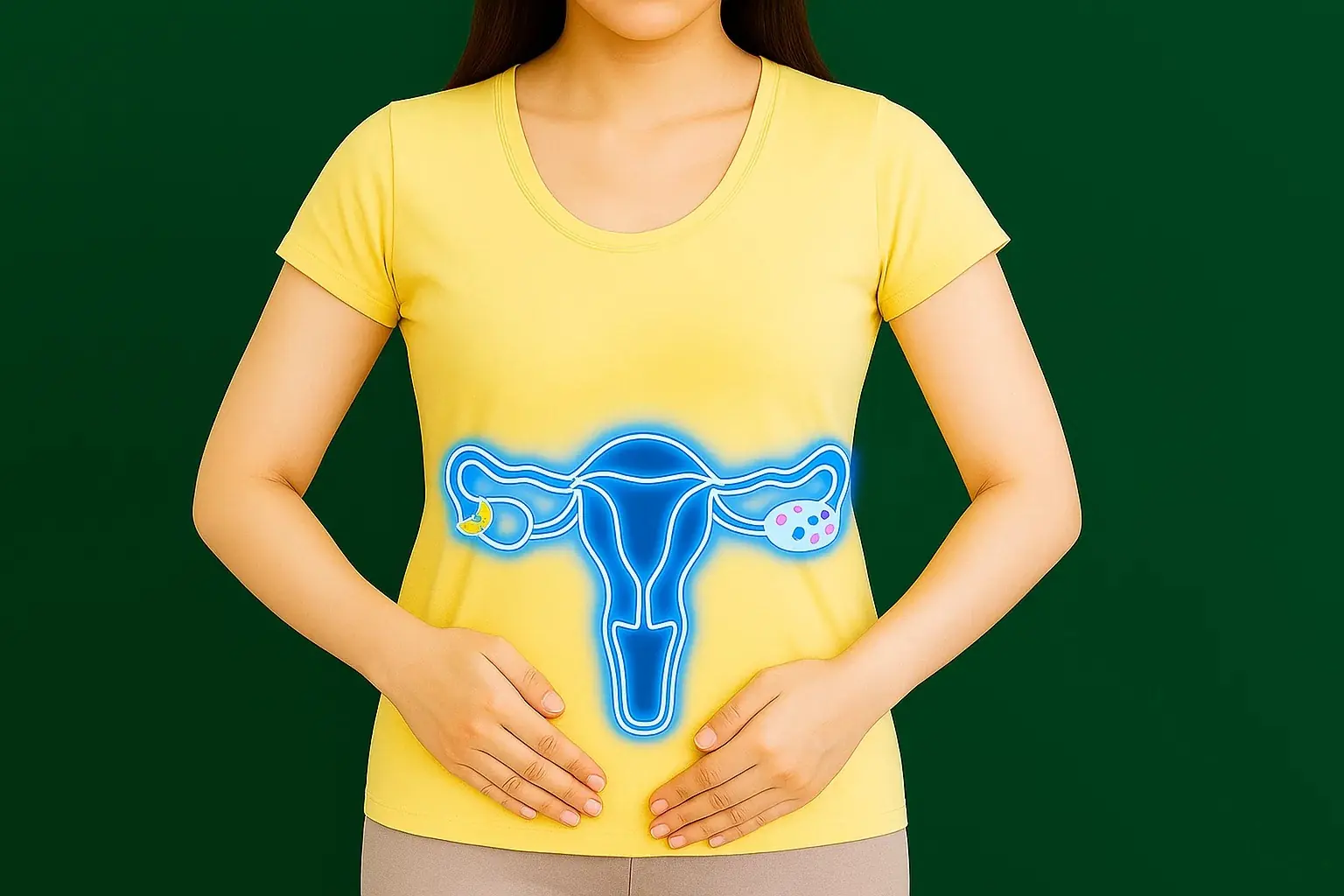
3 Hidden Husband Habits That Could Raise Their Wives’ Cervical Cancer Risk
Husbands may not always realize it, but their daily choices play a huge role in shaping their wives’ long-term health.
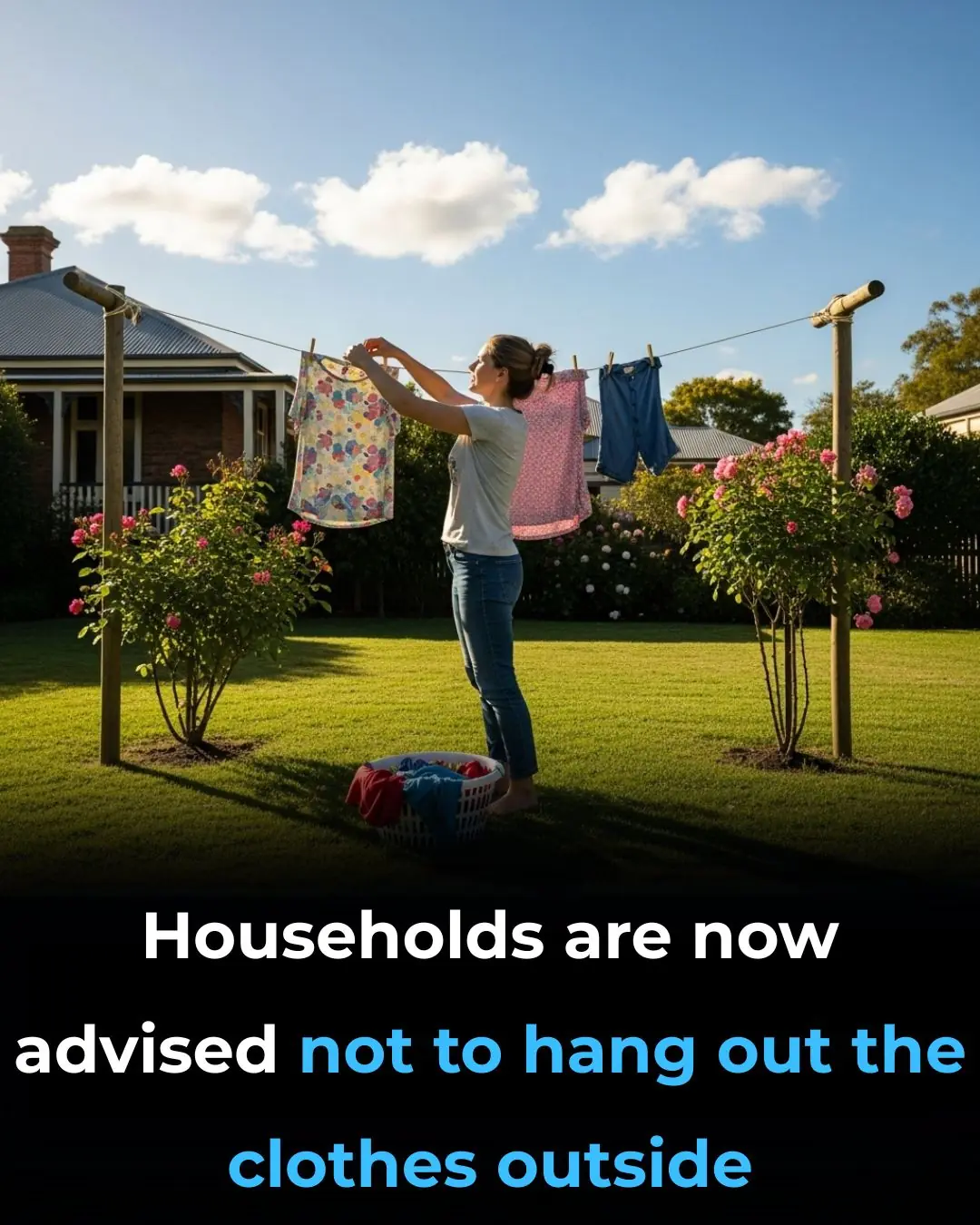
Why Is It Not Recommended To Hang Out The Clothes Outside

Sleeping Position With Your Partner
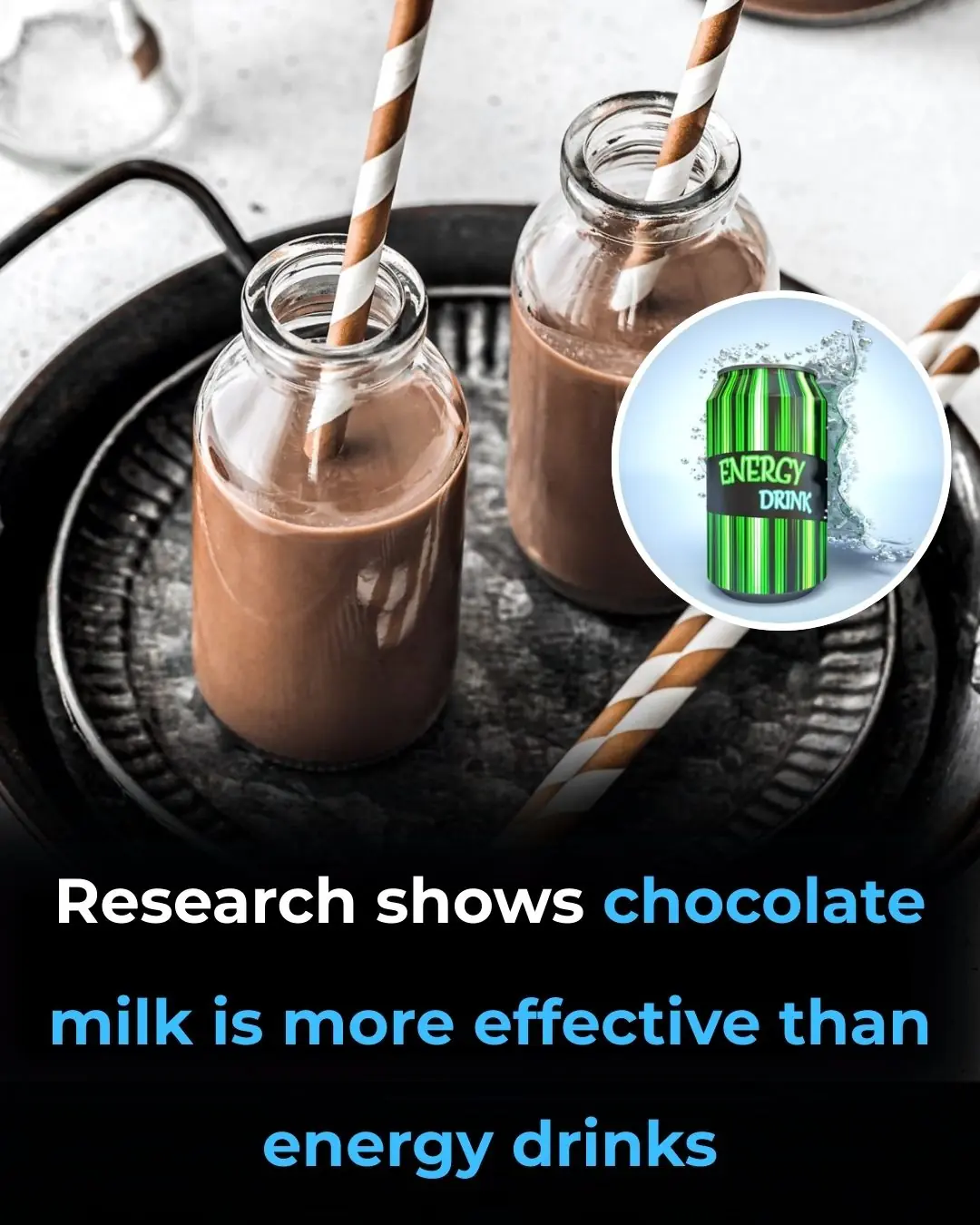
Research Shows Chocolate Milk is More Effective Than Energy Drinks

When Goosebumps May Be a Warning Sign

Effective Methods to Keep Ginger Fresh for Extended Periods

The Truth About Eating the Black Vein in Shrimp Tails
News Post
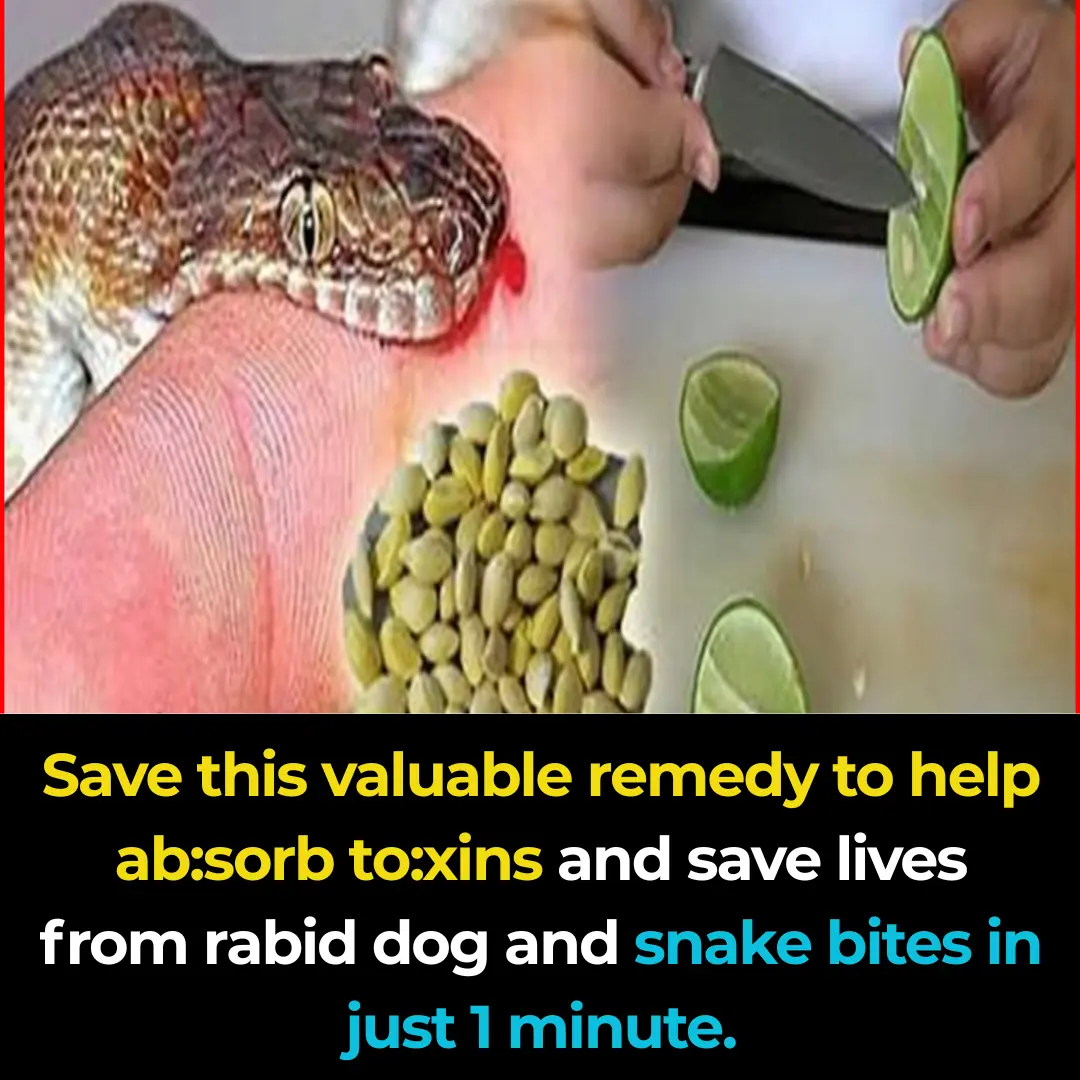
Save this valuable remedy that helps de:toxify and can save the life of someone bitten by a ra:bid d:og or snake in just 1 minute.

The method to drive away an entire rat colony using just a handful of rice, without the need for harmful poisons.
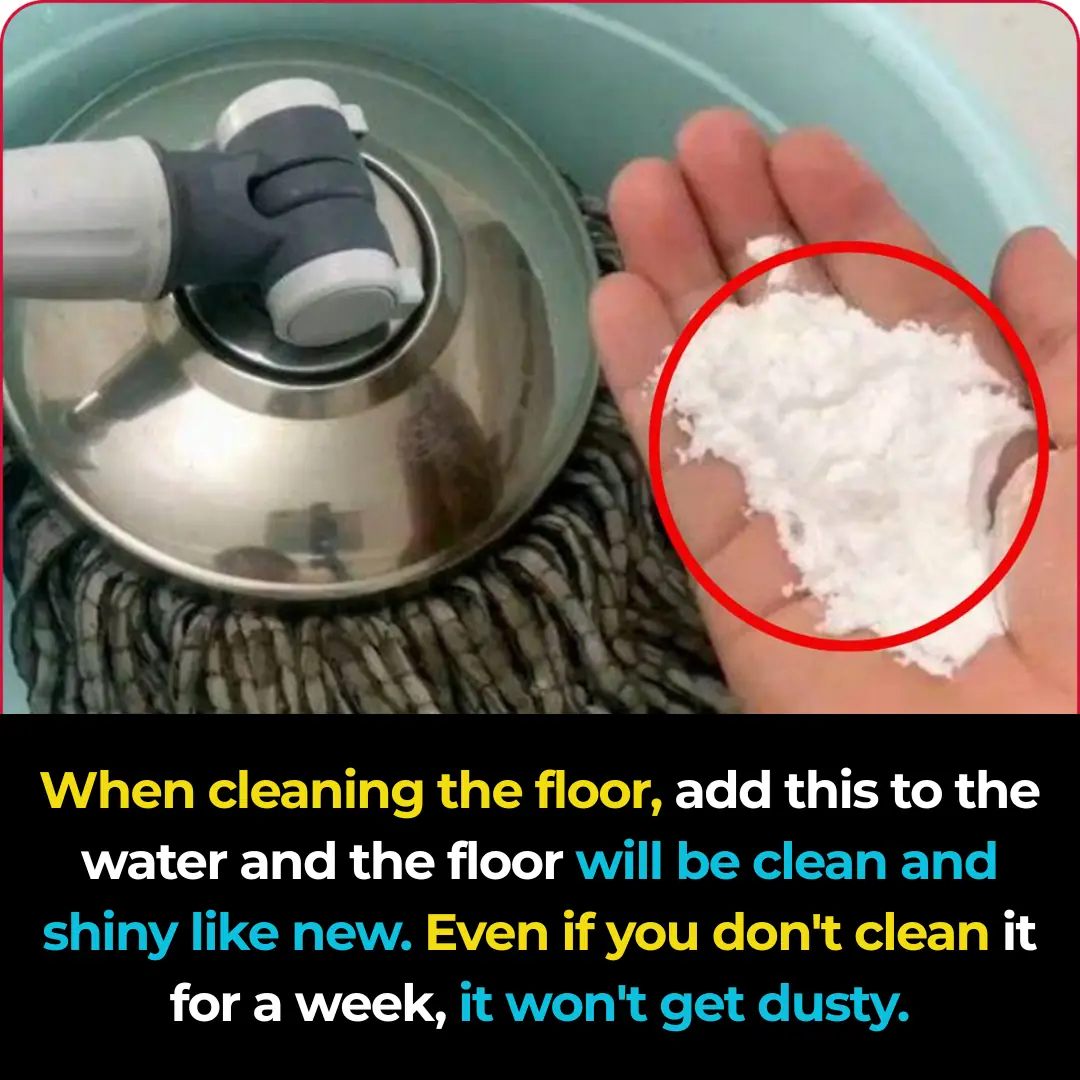
Clean your house with this simple trick using water, and the house will be as clean as new, with no dust sticking, even if you don't clean it for a whole week.

Simple Homemade Cough Syrup Removes Phlegm From The Lungs
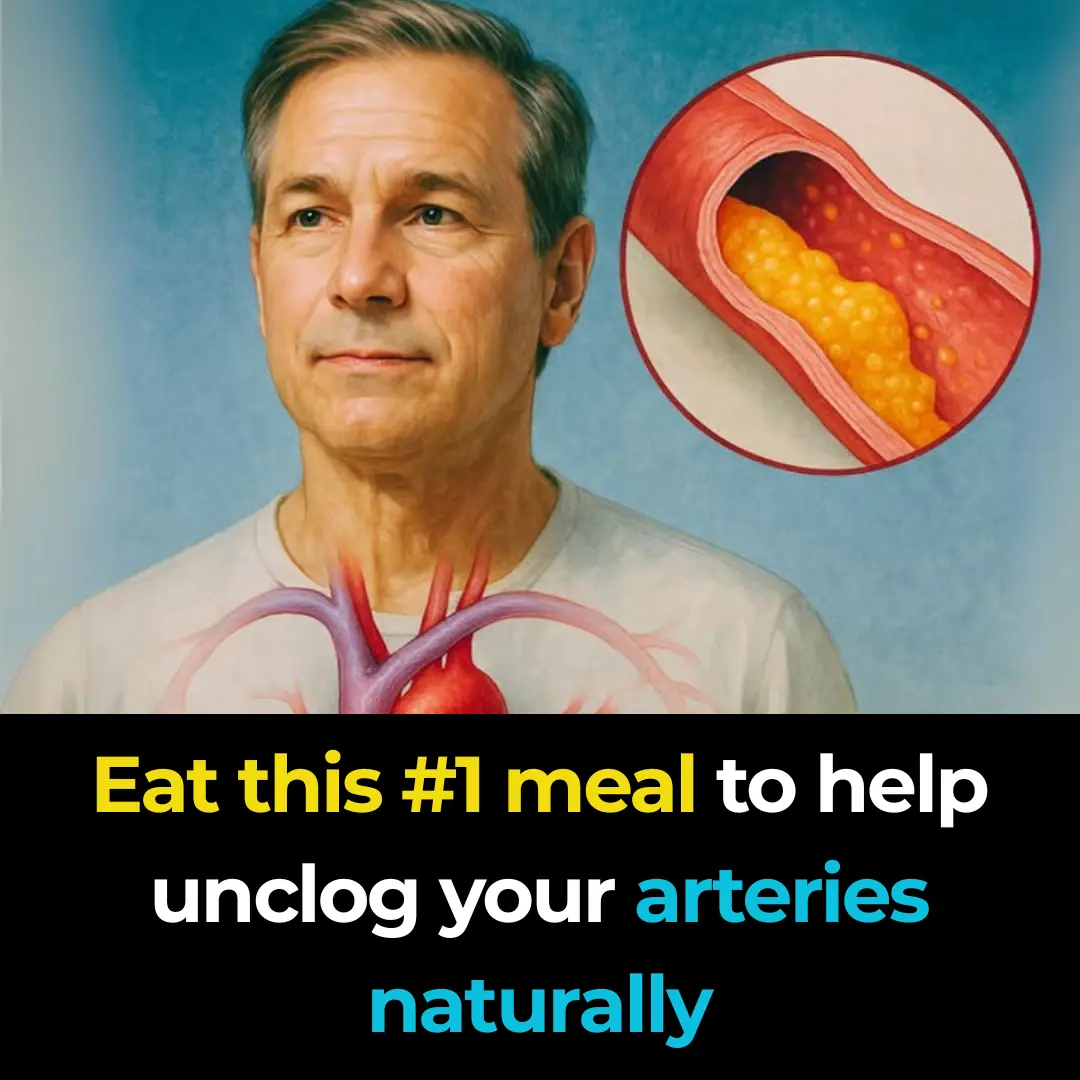
Eat this #1 meal to help unclog your arteries naturally

Canker Sores Are The Absolute WO:RST…Here’s How To Get Rid of Them Fast!

Mimosa Pudica Tea: How to Prepare and Health Benefits

7 Benefits and Uses of Ageratum conyzoides
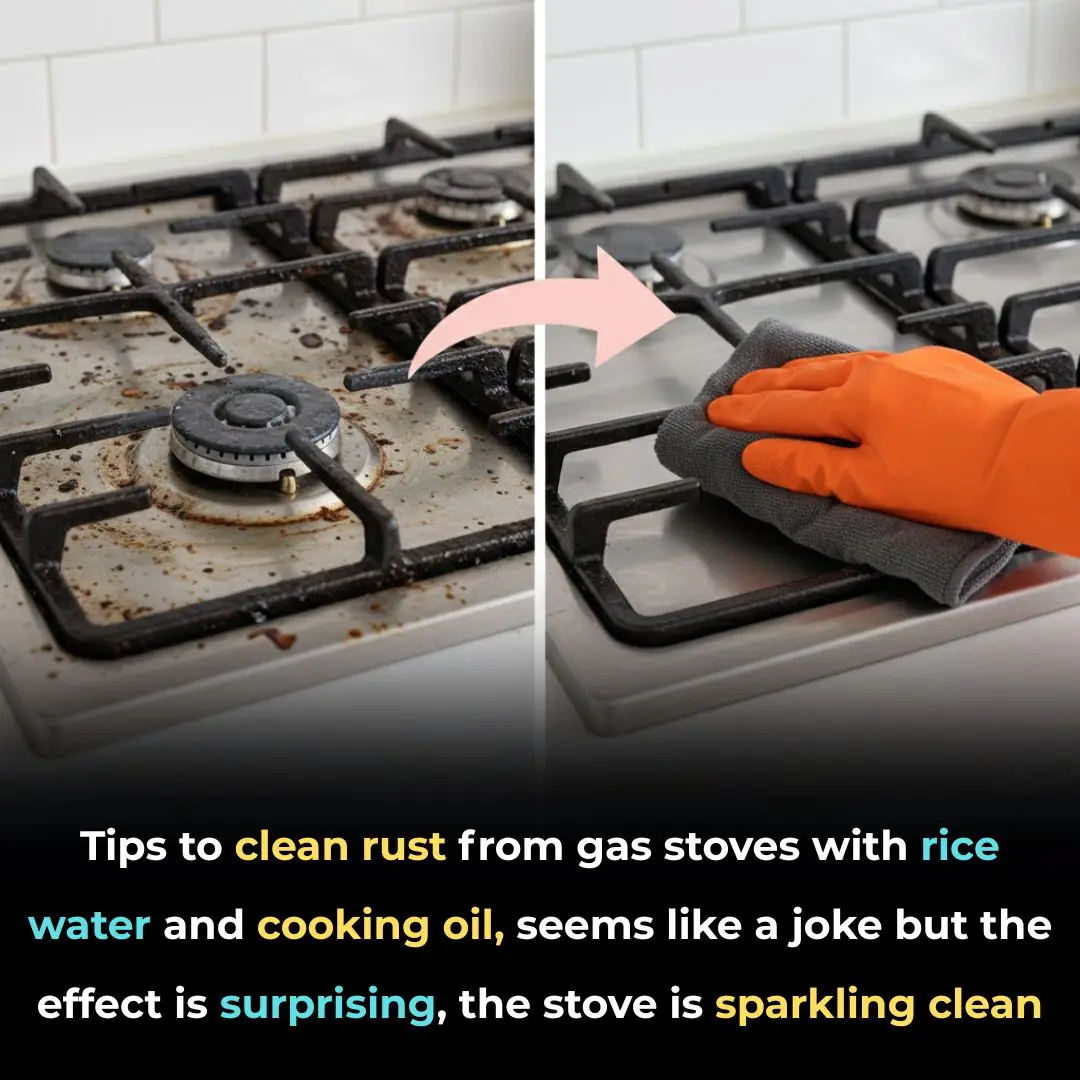
Tips to clean rust from gas stoves with rice water and cooking oil, seems like a joke but the effect is surprising, the stove is sparkling clean
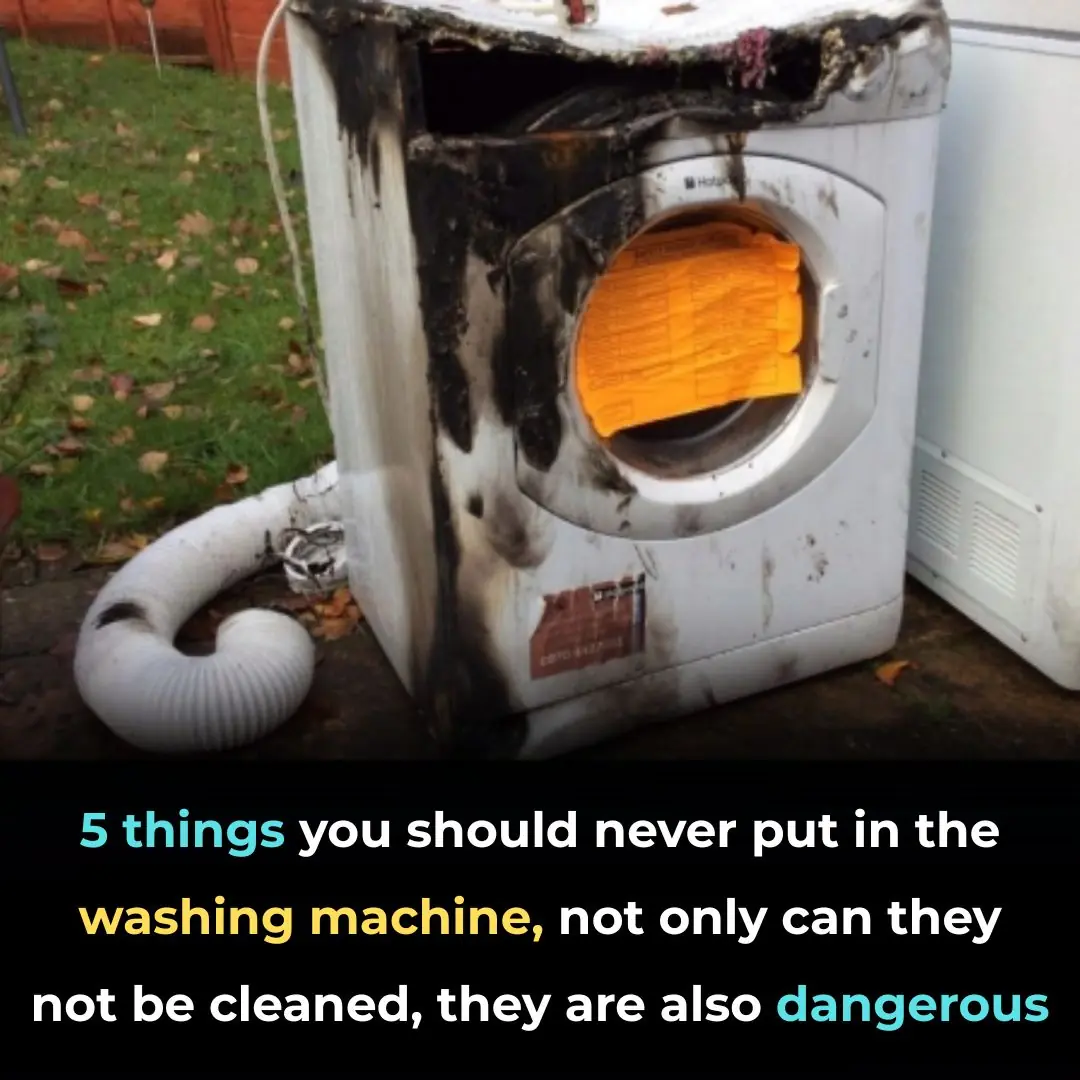
5 things you should never put in the washing machine, not only can they not be cleaned, they are also dangerous

The small round hole at the end of the nail clipper is useful
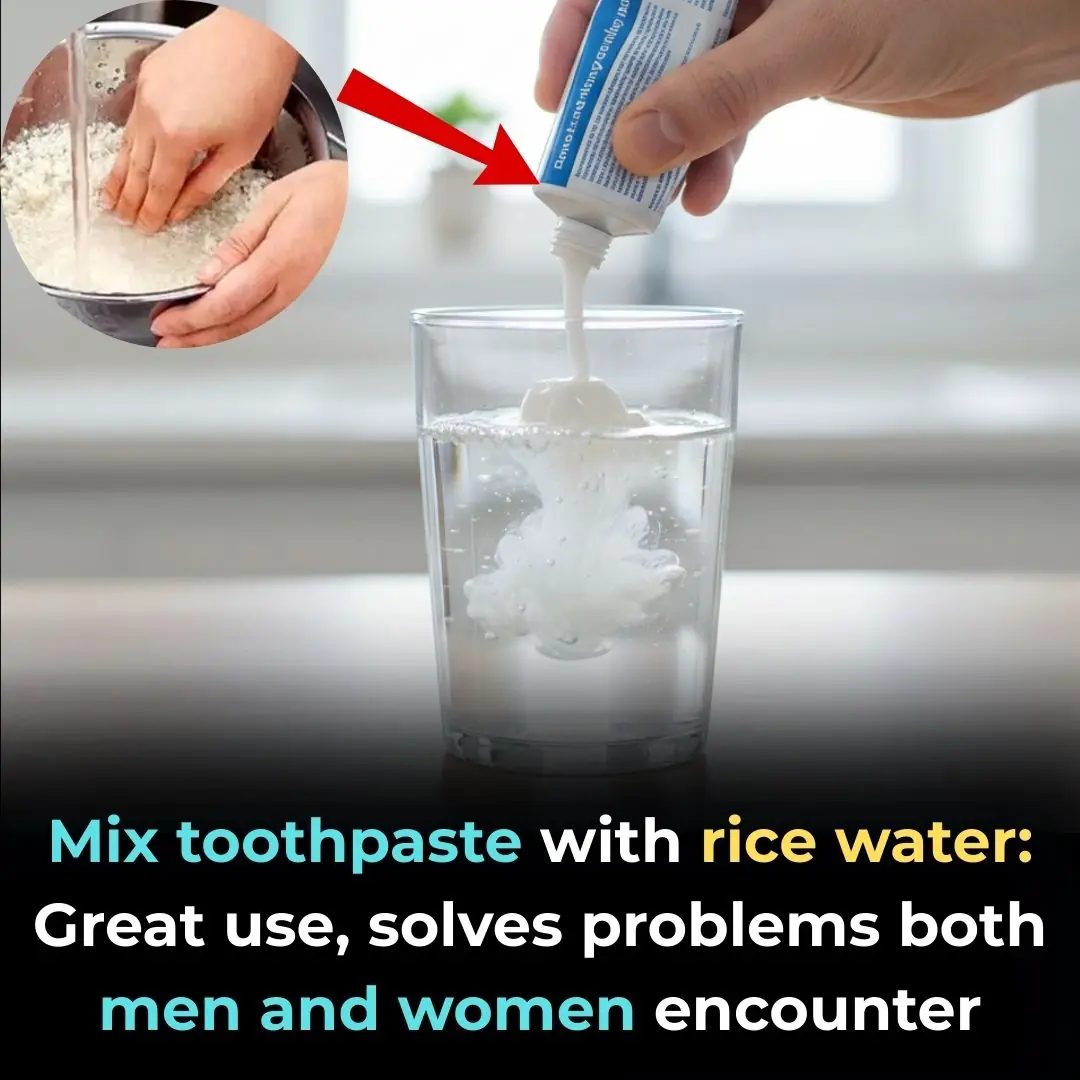
Mix toothpaste with rice water: Great use, solves problems both men and women encounter

Eating green bananas this way is very good for your health
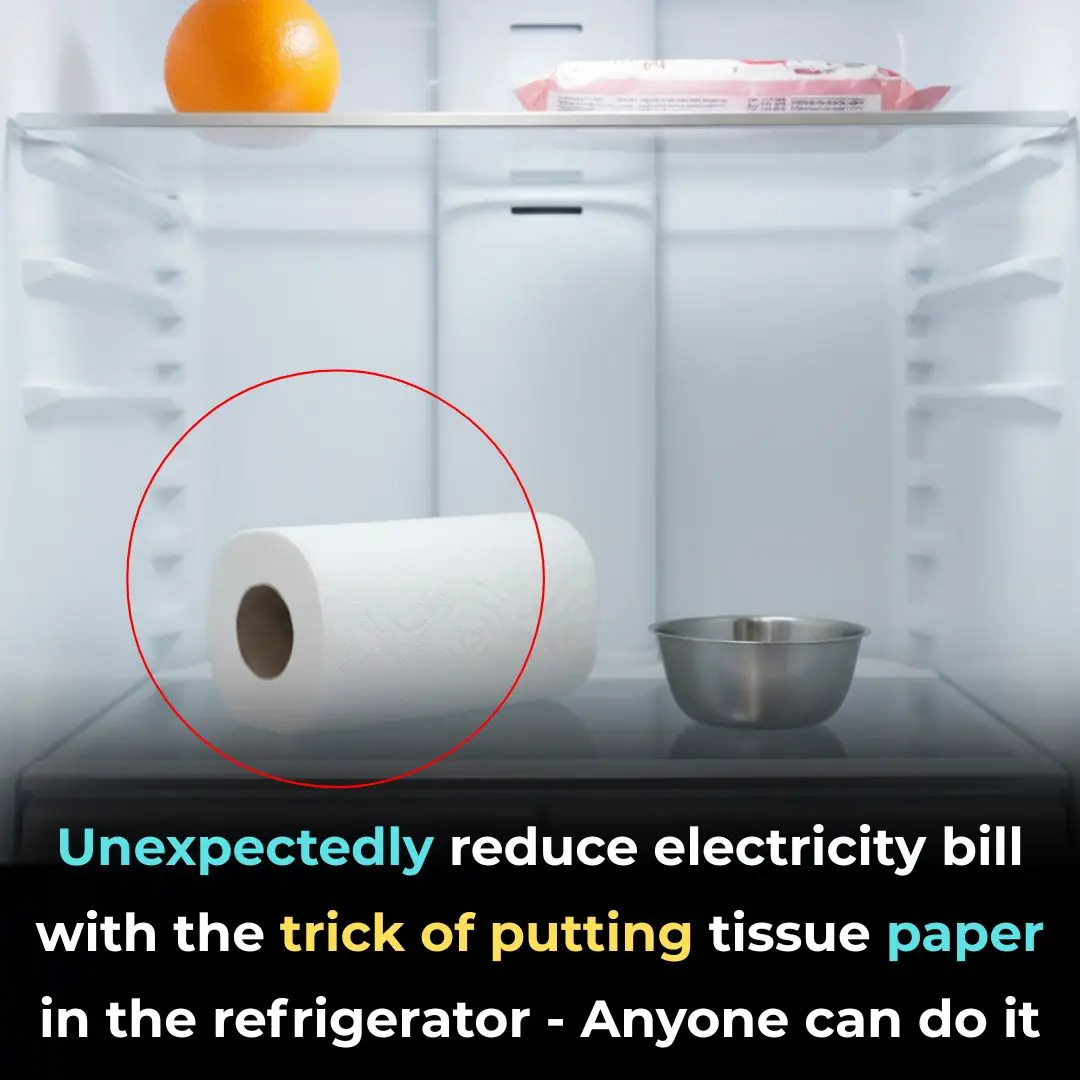
Unexpectedly reduce electricity bill with the trick of putting tissue paper in the refrigerator - Anyone can do it

10 Shades of Japanese Whitening Secrets: Rice-Based Beauty Formula for Wrinkle-Free, Spotless Skin

This type of powder is often found in the kitchen. Just sprinkle a little on ornamental plants, the buds will be dense, and the flowers will fill the garden

Don’t Boil Eggs Directly In Water — Here’s How FIVE-STAR Hotels Cook Their Eggs!

When someone in the family passes away, you should know that you should not keep these 4 relics for your children and grandchildren.

3 mistakes when using plastic wrap that can cause cancer that many people make
